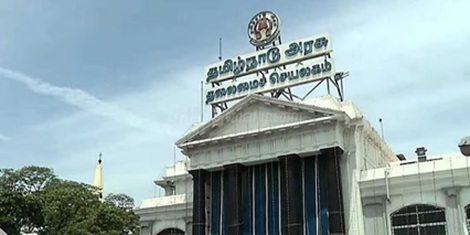Funskool Launches Exciting New Toys And Games To Spark Creativity This Summer

Funskool India Limited, the country’s leading toy manufacturer, has unveiled an exciting new line-up of toys and games designed to keep children engaged and creatively inspired throughout the summer.
From imaginative roleplay sets and educational board games to beautifully crafted puzzles and artistic kits, the new launches span across Funskool’s popular in-house brands such as Giggles, Handycrafts, Play & Learn and Fundough. The latest additions include Fundough Mega Cake Factory, Fundough Breakfast Set, Scotland Yard Deluxe, Scotland Yard Junior, Triominos, Sequence for Kids, Dobble Kids, Cube Conquer and Rummikub Joy in the games category.
For babies, toddlers and preschoolers, Funskool has introduced Wooden Wonderland Playgym, Unicorn Xylophone, Bee Blossom Stacker, Wobbles Train Express, Junior Sand Playset and Animal Squeakers (available in sets of 2 and 4) under the Giggles brand.
Craft lovers can look forward to Canvas Art Fantasy, Peppa Pig themed Scrapbook and Finger-Painting based on Animal Kingdom from Handycrafts. The Play & Learn range educational puzzles now includes puzzles of varying complexities – Fairy 4-in-1 Puzzle (120 pieces), Panda Puzzle (300 pieces) and the intricate Colosseum Puzzle (1000 pieces) which are crafted using high-quality cardboard for durability and smooth interlocking, ensuring a satisfying and educational puzzle-building experience. Rounding off the line-up is the much-awaited Batmobile, perfect for fans of action and adventure.
Speaking on the launch, K. A. Shabir, CEO of Funskool India, said, “At Funskool, our passion lies in creating safe, high-quality toys that spark imagination and learning. Our focus on innovation ensures that every new launch brings fresh excitement to playtime while supporting a child’s growth and development. This summer’s collection combines creativity and purpose, offering play experiences that are as enriching as they are entertaining”
The new collection is now available across stores, with prices ranging from ₹249 to ₹2,749.







